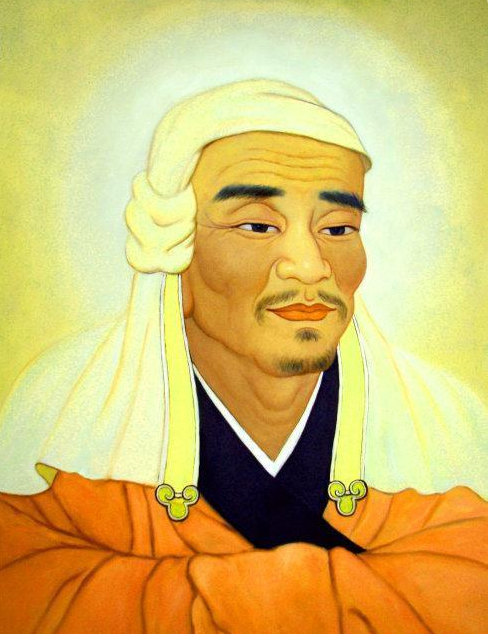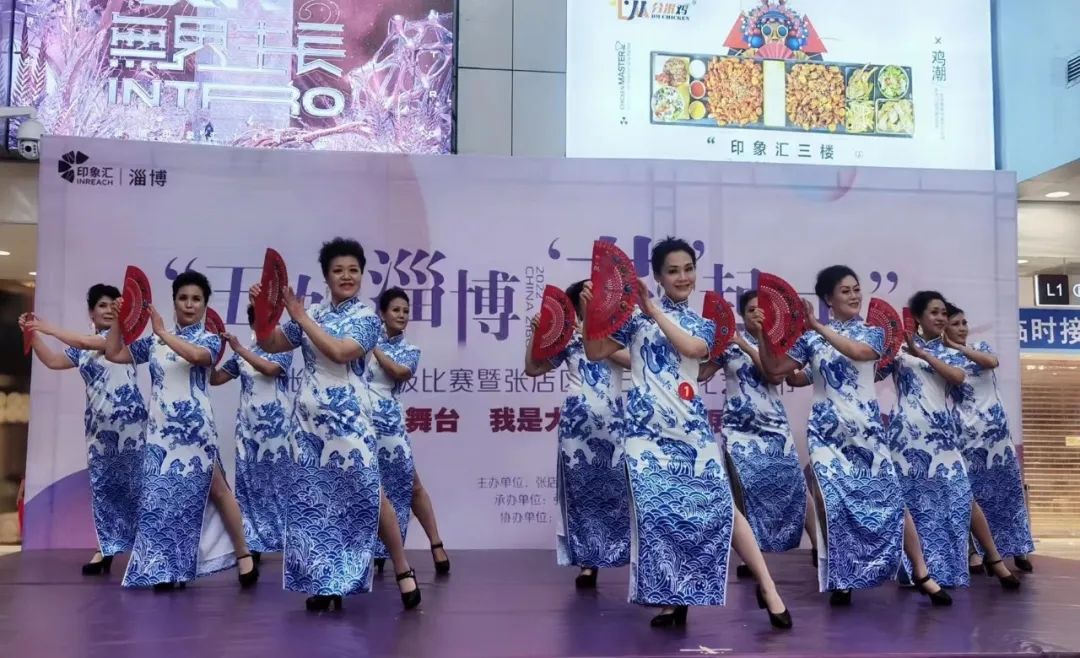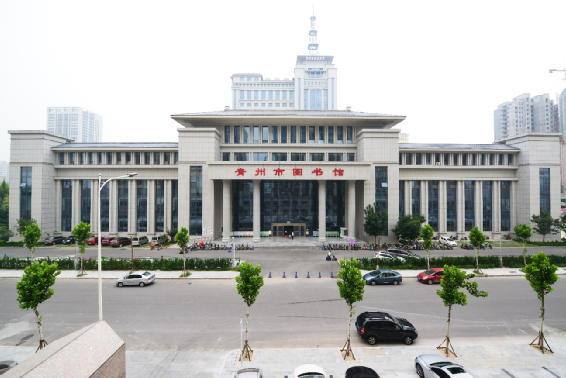Hui Neng: "Reformists" of Buddhism Sinicization, Religious Sinicization · Characters
Author:China National News Time:2022.08.11
In the first year of Tang Gaozong Xianheng (670 years), Lingnan Xinzhou (now Xinxing County, Guangdong) had a coward surnamed Lu. In order to improve his livelihood, he was a brother with nearby villagers Liu Zhi. Liu Zhi had a aunt who became a monk as a niche, and he often recited the Nirvana Sutra. Therefore, Lu's coward has the opportunity to listen to her chanting. Once, the coward explained the scriptures he heard to Ni, and Niger used the scriptures, and the coward said: "I don't know the text." Ni said: "I don't understand the words, how to explain its meaning?" The principle of the text can be solved. Why not know the text today, why? "Everyone sighed. This coward was the subsequent Zen six ancestors Huineng.

Six ancestors can be portrait. Data picture

Nothing farmers and widower
Growing into a Buddhist master
Hui Neng, the common surname Lu, ancestral native of Fanyang, Hebei (now Lizhou City, Hebei). The Lu family was the local family, and Hui Neng's father was originally an official in Fanyang. When Tang Gaozu, his father and officials went to Lingnan Xinzhou to become a civilian. In the twelve years of Tang Zhenguan (638 years), Hui Neng was born. He killed his father at the age of 3 and lived with his mother. "Master Cao Xi" contains. After exposed in early 670, Hui Neng lived in Baolin Temple in Xinzhou, and then went to the Xidong Caves of Lechang County to study Zen Zen, accumulated a certain foundation for Buddhism.
There are two sayings about Huineng's fate of the five ancestors of Huangmei.
In the "Six Ancestral Altar Sutra", Huineng listened to the "Diamond Sutra" when selling firewood.
"Master Cao Xi" said that Hui Neng died of listening to Hui Ji Zen chanting "Tu Tuo Sutra" and sighed: "This is the same, what is I sit in today?" After setting up the old mother, she went north to Dongzen The five ancestors of the temple attended the ceremony.
In 672, in Huangmeidong Temple, a profound dialogue was staged. The "Six Ancestral Altar" records the scene at that time.
Hong Ren: "Who do you want?" What do you want? "
Hui Neng: "The disciples are the people of Lingnan, Lingnan, and come to the ritual division.
Hong Ren: "Ru is from Lingnan, and it is also 獦獠, if it is a Buddha?"
Hui Neng: "Although people have north and south, the nature of Buddhism has no north and south. What is the difference between Buddha nature?"
For the first time, Hui Neng was secretly printed by the five ancestors. But Wu Zuhong couldn't bear to show his calmness, arranged Hui Hui to go to the rice, and wanted to investigate him further.
8 months later, Wuzu Honglin decided to "pass the clothes with the clothes", and all disciples could offer it. Whoever wrote well would pass the Fa to whom. The first disciple Shenxiu said: "The body is a bodhi tree, the heart is the mirror. Wipe it frequently, don't make the dust." This is the understanding of the Buddha's nature. A bodhi tree, my heart is like a mirror. As long as I often reflect on the province and prevent micro -ducts, then I can maintain the inner clearness.
Although the five ancestors were not very satisfied, the monks were still chanted. According to legend, Hui Neng is not literate. After hearing the sister -in -law of Shenxiu, he asked someone to say the title: "Bodhi has no tree, and the mirror is not a Taiwan. There is nothing in origin, where the dust is provoked." Understanding of emptiness, he got the secret and mantle of the five ancestors based on this.
In contrast, Hui Neng's sister -in -law is even better, and it has the meaning of returning to the origin in the history of Chinese Buddhism. In the Huineng era, Buddhism had deviated from the purpose in many ways, such as the philosophical research of the Economic Affairs of the Institute, the Great Buddha statue and the large -scale Buddhist activities of the Royal Family. The purpose of Buddhism is related to the practice and awareness of personal mind. In fact, Huineng's sister -in -law is actually the dissolution and cleaning of the foreign world. It advocates returning to the original heart, and is in the same vein as the theory of the Buddha and the Dragon tree.
Wuzu Hong Ren said to Hui Neng: "You have a low origin, you don't even know the words. Now you have to do this mantle, so you may not accept it. So you go down the mountain immediately and go back to the south to live in seclusion." You come out again to promote the Fa. Remember, you will only pass the Fa and not pass on the mantle in the future. "Since then, Zen has been divided into two north and south factions. The head of the north advocates the gradual enlightenment is the show, and the more influence is the southern school who advocates the epiphany.
Hui Neng respected the teacher to carry the Fayi south, and he was dormant to the mountain forest. After two months, I went to Daling Ridge. There is a monk named Huiming. Before he became a monk, he was the four -grade general. He walked the fastest foot, caught up with Huineng, and said: "I come to the Fa, not for clothing." Hui Neng asked: "I don't think about good, don't think about it, don't think about it Evil, when is it, which is the original face of Ming Shang? "Hui Ming realized at the moment, and walked away from hundreds of people who followed, covering Hui Hui. After Hui Neng arrived in Cao Xi, he was hidden between the Sixongs and Huaiji. He refuated in the hunter team. He often said for the hunter. Every time he dinner, he sent the meat pot with vegetables. This is the origin of "but eating meat". At the beginning of 676, Hui Neng returned and listened to Master Yinzong at the French Temple (now Guangxiao Temple) in Guangzhou. When there was the wind blowing, a monk said "wind movement", and a monk said "dynamic". Hui Nengjin said: "It is not the wind, not the movement, the benevolent is moving." Yin Zong asked: "After hearing Huang Meiyi, it is a walker?" Hui Neng showed his mantle, and Yin Zong praised him. Hui Neng returned to Caoxi Baolin Temple, explained "Don Church", and apprentices gathered, and they were famous for their reputation.
Fusion of "Heaven and Man Unity" thought

Greatly promoted the Chineseization of Buddhism
When talking about Hui Neng, Mao Zedong said that the Buddhist scriptures are also different. There are the Buddhist scriptures of the upper levels and the Buddhist scriptures of the working people. Monk of Huineng, people from Hebei, are not literate and are very knowledgeable. They preach in Guangdong and claim that everything is empty. This is thorough idealism, but he highlights subjective initiative. This discussion of Mao Zedong pointed out the main contribution of Huineng in the history of Buddhism and Sinicization.
Hui Neng emphasizes the unrelated text of Buddhism, and does not need to read and meditate on the Buddhism. This greatly reduces the threshold of Buddhist practice and gets rid of the tedious constraints of the sutra -style style, so that the Zen section is more civilian and secular. Acceptance plays a huge role in the extensive spread of Zen. The Hungan School of Zen has gradually become the main genre of Buddhism, which is derived into the five major branches of Linji, Yang Yang, Fa Eye, Cao Dong, and Yunmen.
Before Hui Neng, with the translation and spread of the Nirvana Sutra, "all sentient beings knowing Buddhism" had become the consensus of Buddhist denominations, and established the possibility of ordinary people into Buddhas, but how to become a Buddha is not much. Huineng melted the thoughts of "the unity of heaven and man" in traditional Chinese culture, and unified the nature of Buddhism and mind: the nature of the Buddha is in the nature of humanity, and the nature is the heart, that is, the heart is the Buddha. If you see your nature, you can become a Buddha. Hui Neng's concept has greatly promoted the Chineseization of Buddhism, advocated that it is not to pass on, unreasonable words, and advocate the pureness of mind, the nature of Buddhism, pointing directly into the human heart, and seeing the Buddha. It is a major reform in the history of Chinese Buddhism.
"Embering into a Buddha" is the method and characteristics of the Nanzong created by Huineng. "The fascination is accumulated, and the enlightenment is for a moment." In the moment of enlightenment, injecting new vitality into Zen. "Embering into a Buddha" associates self -heart, self -relief into Buddha, etc., and believes that the Buddha can only be realized by relying on the eplante of self -heart. Huineng opposes Beizong's "watching the mind", the gradual practice of "often diligent", the other forms of the Buddha, do not engage in the exterior form of the world, do not engage in the practice of the world Ferry, one realization is to the Buddha. " In this way, Buddhism with tedious speculative colors from India was reformed into a simple and direct Chinese -based Buddhist Buddhism.
Hui Neng emphasized that the Dharma does not leave the world. "The Dharma is in the world and does not leave the world; looking for Bodhi is just like seeking rabbit horns." Under the Chinese cultural tradition led by Confucianism, family is a compulsory course for life. Huineng introduced the concept of "practicing at home" based on Chinese cultural traditions: "Good knowledge! If you want to practice, you can do it at home, and you can't help but at the temple." Culture is to transform Buddhism and implant Confucian "cultivation of Qi Qi" into Buddhist practice. Hui Neng advocated practicing at home, which greatly facilitated the belief practice of believers, and became the origin of the Chinese layman Buddhism and modern "human Buddhism".
Hui Neng passed on the law without passing the mantle, but also changed the model of a single law, and turned to multiple people at the same time, thereby avoiding the disputes in the process of Zen law. Solid support. The peak of the development of this trend is the Zen "Matsu built the jungle, and the rules of the Qing Dynasty.
In 705, the ambassador of Tang Zhongzong sent Xue Jian to Caoxi, please Hui Neng to enter Beijing, and Hui Neng could not go. Xue Jian asked for Zen's heart and returned to Beijing to restore his life. Hui Neng told Xue Jian: "If you want to ask for your heart, all good and evil will not think about it, your mind and body are silent, and you are free." Xue Jian returned to Tang Zhongzong, and Tang Zhongzong praised Hui Hui as a figure of Vima. He also gave him a puppet and a crystal bowl, and gave Guo En Temple for his living.
In 713, Hui Neng was silent at Guoen Temple in NSW. The body relic was later moved to Nanhua Temple, becoming the first bodhisattva in the history of Chinese Buddhism, which has been preserved to this day. "Master Cao Xi" records that the servant Shi Shi in the hall was set up as a master, and later Wang Wei wrote "Six ancestors' Master's Master", Liu Zongyuan and Liu Yuxi wrote "Dajian Zen Master" (Dajian as Huineng's nickname of Huineng To.
(Author Unit: Yunnan University for Nationalities)
- END -
Lile and Music Shandong | Zibo: Zhangdian District held the Fifth Cultural and Art Festival "Zhangdian Great Stage I am a big star" event

On July 15, the Fifth Zhangdian District, the Propaganda Department of the Zhangdi...
Weifang created "East Asian Cultural Capital" | Qingzhou: The most incense can be far away

Spring Wind and Rain Fragrance, Book Fragrance is the most beautiful taste of the ...